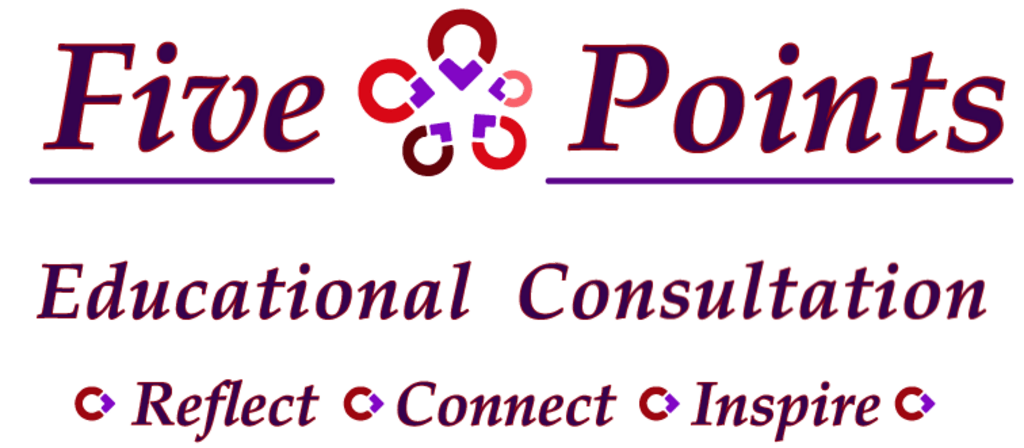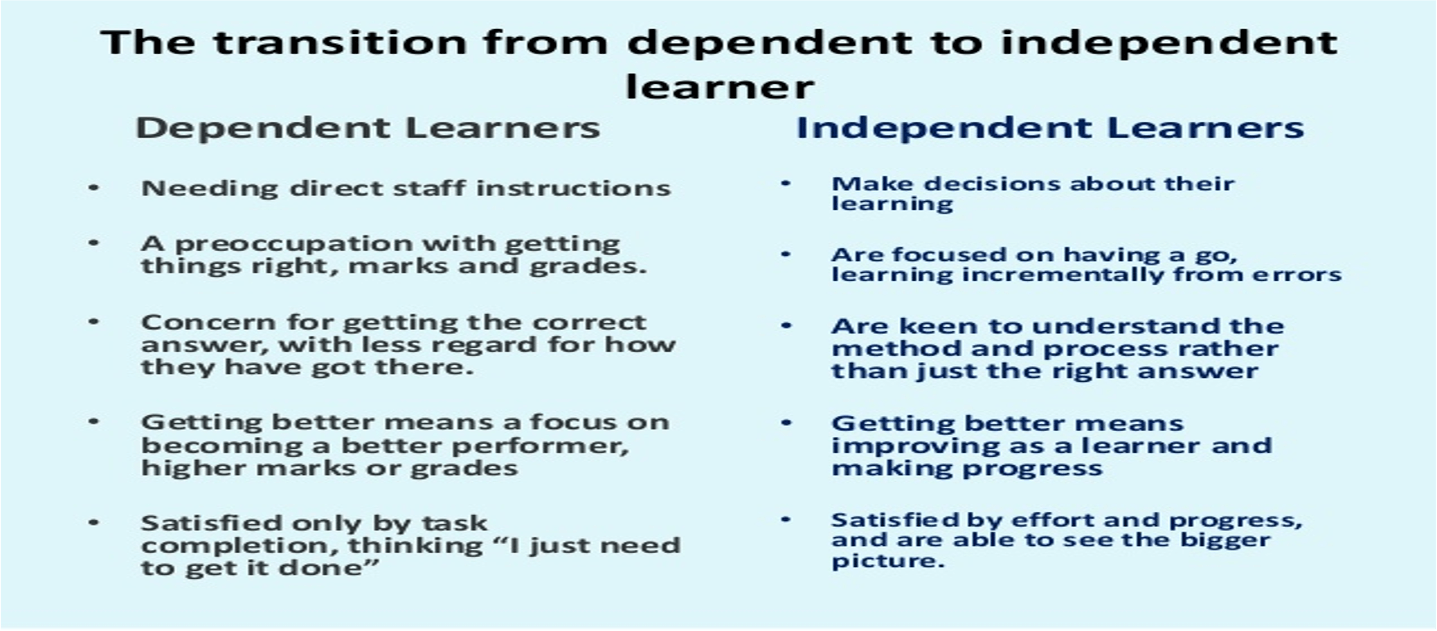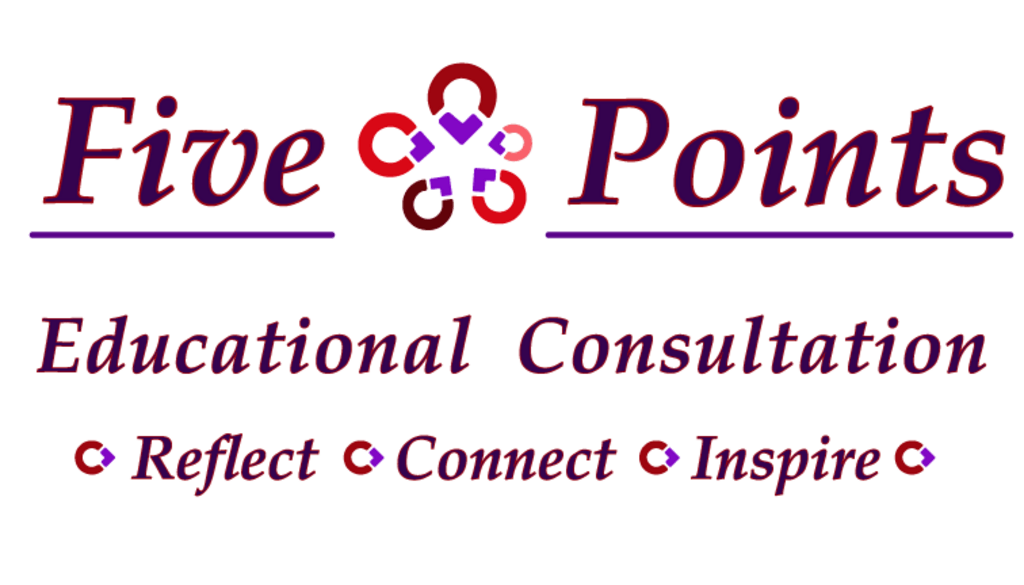THE EXSEL MODEL
An Integrated Executive Functioning and Social Emotional Learning Model to Create Access and Equity for All Students
Introduction:
Gail Okerman is and educational consultant and owner of Five Points Counseling and Consultation - Gail has worked for and with numerous districts creating workshops and courses over the past 30 years- Gail is currently employed by Lunenburg Public Schools as a School Counselor Gail has dedicated her career to understanding the social emotional lives of children, parents and educators in the context of family,education, and community. Gail is a wife, mother and grandmother who learns many of her life lessons in connection with family Gail Kessler-Walsh is an elementary school counselor at Blanchard Memorial School in the Acton-Boxborough Regional School District. She is interested in teaching students about being aware of their thinking, feelings and behaviors in order to change.
Course Progression
***Integration and Application of Strategies Throughout
Day One and Day Two
Essential Element One-The Power of Defining and Understanding Executive Functioning and Social Emotional Learning- Building an
Experiential Definition- World view Intelligence History and Reality -social emotional and world view intelligence skills -
Day Three and Day Four
Essential Element Two- The Power of Brain Based Learning - Empathy-Upping Your Game-Change Agents – Vision Setting-World view intelligence values-Tiered Interventions
Essential Element Three- The Power of Reflective Practice- Constructive Conversations and Dynamic Dialogues – EXSEL Educator Practices
Day Five - Six
Essential Element Four - The Power of Equity in Culture-CRL- How to create access through deliberate design of the environment- -All voices represented- norms of engagement - cultural competence and Shared Power
Day Seven
Essential Element Five- Reciprocal Relationships between educator and learner –The Power of Strength and Interest Based Learning
Day Eight
Essential Element Six - The Contextual MindSet- The Power and Necessity of Story related to social emotional development- worldview intelligence - practice -reflective practice and transformational practice
Day Nine
Essential Element Seven -The Power of Anchors-Hope-
Essential Element Eight -The Power of Making It Real Innovative Practice to Empower Students and Educators through Project Based Learning
Day 10 and 11 Impact Project
Impact Project
Focus: What will you do ?
Why- Intention - why is this important to you ? How is this connected to your passion and purpose? - your history and current reality
How - will you implement and Integrate this information and process to make it of value to you and the population you serve- Presentation of Material in a Slide Show
What -Identify Resources
See Exemplars
Thinking it through Find something that has resonated for you- a passion or interest that moves your practice forward Or a topic that has been challenging for you with a student or many students. Or a topic that you would like to collaborate on with others - Find others who might want to work with you on this topic, if you like. Begin to formulate the question you would like to learn about.
The Process Journal
The Power of Reflective Practice
Reflective Writing – A What and Why
In brief, Stephen Brookfield describes critical reflection as
a capacity of adult learning in which individuals do the work of assessing the match between the earlier rules, practices, theories informing one’s thinking, and the now emerging interpersonal, contextual, cognitive, and perspectival understandings that come with new encounters and study. Critical reflection takes shape via avenues including self-assessment linked thinking, dialogic conversations with others, and generative writing practices.
Critical thinking skills
Summarize and synthesize what you are thinking and feeling - gather insights - integrate intentions throughout the process
Reflective Practice and Mind Sight Dr. Seigle
Self Organizing - Integrative Brain is Harmonious
Insight
Empathy
Integration
Supports Resilience and Mindsight
Basis for Emotional Regulation
The Balance of Structure and Flexibility
Day One and Two Agenda
Morning Check in
Music
Working Definitions-
Social Emotional Learning - Discrete Skills
Simon Senek
Learning and the Brain
Executive Functioning - video
Executive Functioning Definitions Examples and Discussion
Music and Final Takeaways
Essential Definitions
Executive Functions are a set of multiple cognitive processes that act in a coordinated way to direct a person’s perception, emotion, cognition and motor functions. Executive Functions are responsible for a person’s ability to engage in purposeful, organized, strategic, self-regulated, goal-directed behavior.
McCloskey presentation and definitions
Social Emotional Learning - The life -long profound interplay that exists within each dynamic moment with others throughout the course of our lives that makes us human
World View Intelligence as defined by Kathy Jourdan and Gerry Nagel
Worldview Intelligence is the ability to skillfully give voice and visibility to multiple worldviews in order to open explorations, make connections and bridge difference while maintaining compassion and humility.
Culturally Responsive Pedagogy -
A Working Definition of CRP
Culturally Relevant Pedagogy (CRP) is a philosophical outlook towards one’s approach to teaching that informs the what, the how, and the why. CRP focuses on the academic and personal success of students as individuals and as a collective. It ensures students engage in academically rigorous curriculum and learning, feel affirmed in their identities and experiences, and develop the knowledge and skills to engage the world and others critically. CRP, a pedagogical framework coined by Dr. Gloria Ladson-Billings in the early ’90s, rests on three fundamental pillars—academic achievement, cultural competence, and sociopolitical consciousness. These three pillars work in tandem with one another. A culturally relevant educator cannot focus on one pillar without inherently focusing on the others. Teach For America – Barbara Escudero
Social emotional learning- discrete skill sets defined
The definitions of the five social emotional competency clusters for students as defined by CASEL’s are:
Self-awareness: The ability to accurately recognize one’s emotions and thoughts and their influence on behavior. This includes accurately assessing one’s strengths and limitations and possessing a well-grounded sense of confidence and optimism.
Self-management: The ability to regulate one’s emotions, thoughts, and behaviors effectively in different situations. This includes managing stress, controlling impulses, motivating oneself, and setting and working toward achieving personal and academic goals.
Social awareness: The ability to take the perspective of and empathize with others from diverse backgrounds and cultures, to understand social and ethical norms for behavior, and to recognize family, school, and community resources and supports.
Social emotional learning- discrete skill sets defined
Relationship skills: The ability to establish and maintain healthy and rewarding relationships with diverse individuals and groups. This includes communicating clearly, listening actively, cooperating, resisting inappropriate social pressure, negotiating conflict constructively, and seeking and offering help when needed.
Responsible decision-making: The ability to make constructive and respectful choices about personal behavior and social interactions based on consideration of ethical standards, safety concerns, social norms, the realistic evaluation of consequences of various actions, and the well-being of self and others.
Essential Element One-Understanding the Power of Executive Functioning and Social Emotional Learning- Building an Experiential Definition
The Why of the Why of the Why?
-Why is this work important to you?
-Why?
-Why
Learning and the Brain
Amygdala - the brain video productive struggle is essential in strengthening certain neuro pathways -and neuroplasticity - means these neural pathways are always growing based on tasks given - rote memorization vs application of skills produce different brains- Eric Jensen 2018- Ritchart 2002
Dependent Learners to Independent Thinkers
EF in action - what it looks and feels like
Essential Element Two: SEL all day, every day. Define your impact project.
Discrete Skills sets: Executive Functions- Review and Break Out
Perceive – The Perceive function cues the use of sensory and perception processes to take information in from the external environment or cues “inner awareness” for mentally tuning into perceptions, emotions, thoughts, or actions as they are represented “in the mind” or in the body.
Initiate – The Initiate function cues the initial engagement of perceiving, feeling, thinking, or acting.
Modulate – The Modulate function cues the regulation of the amount and intensity of mental energy invested in perceiving, feeling, thinking, and acting.
Gauge – The Gauge function cues the identification of the demands (perceptual, emotional, mental, and physical) of a task or situation and cues the activation of the perceptions, emotions, thoughts, or actions needed to effectively engage the task or situation.
Focus/Select – The Focus/Select function cues the direction of attention to the most relevant aspects (perceptions, emotions, thoughts, and/or actions) of environments, situation, or contents while downgrading or ignoring the less relevant aspects.
Sustain – The Sustain function cues sustained engagement of the processes involved in perceiving, feeling, thinking, or acting.
Stop/Interrupt – The Stop/Interrupt function cues the sudden, immediate discontinuation of perceiving, feeling, thinking, or acting.
Inhibit – the Inhibit function cues resistance to, or suppression of, urges to perceive, feel, think, or act on first impulse.
Flexible/Shift – the Flexible/Shift function cues a change of focus or alteration of perceptions, emotions, thoughts or actions in reaction to what is occurring in the internal or external environments.
Hold – the Hold function cues activation of the necessary cognitive processes required to maintain information in working memory and continues cueing these processes until the information is manipulated, stored, or acted on as desired.
Manipulate – the Manipulate function cues the use of working memory or other cognitive processes for the manipulation of information that is being held in mind or being accessed in the environment.
Organize – the Organize function cues the use of routines for sorting, sequencing, or otherwise arranging perceptions, feelings, thoughts, and/or actions, to enhance or improve the efficiency of experience, learning, or production.
Foresee/Plan (Short-term) – the Foresee/Plan function cues the anticipation of conditions or events in the very near future, such as the consequences of one’s own actions, or cues the engagement of the capacities required to identify a series of perception, feelings, thoughts, and/or actions, and the likely or desired outcome that would result from carrying them out in the very near future.
Associate – the Associate function cues the realization that associations need to be made between the current problem situation and past problem situations and cues the activation of the resources needed to carry out the required associative problem-solving routines.
Generate – the Generate function cues the realization that a novel solution is required for the current problem, and cues the activation of the resources needed to carry out the required novel problem-solving.
Balance – the Balance function cues the regulation of the trade-off between opposing processes or states (e.g., pattern vs. detail; speed vs. accuracy; humor vs. seriousness) to enhance or improve experiencing, learning, or production.
Store – the Store function cues the movement of information about perceptions, feelings, thoughts and actions from the mental processing environment of the present moment into “storage” for possible retrieval at a later time.
Retrieve – the Retrieve function cues the activation of processes responsible for finding and retrieving previously stored information about perceptions, feelings, thoughts and actions. The more specific the demands or constraints placed on the retrieval processes, the greater the requirements for use of the Retrieve cue.
Pace – the Pace function cues the awareness and the regulation of the tempo at which perception, emotion, cognition, and action are experienced.
Time – the Time function cues the monitoring of the passage of time (e.g., cueing the engagement of the mental functions that enable a person to have an internal sense of how long they have been perceiving, feeling, thinking, or acting) or cues the use of time estimation routines (e.g., cueing the engagement of mental functions that enable a person to have an internal sense of how long something will take to complete, or how much time is still left in a specific period of time).
Sequence/Execute – the Sequence/Execute function cues the orchestration and engagement of the proper syntax of a series of perceptions, feelings, thoughts, and/or actions, especially in cases where automated routines are being accessed or are initially being developed.
Interested In Our Services?
The EXSEL Program: An Executive Functioning and Social Emotional Learning Model
A remote course offered for Worcester State University- 3 Graduate Credits
Course Instructors: Gail Okerman, MEd and Gail Kessler-Walsh, M.Ed
To register for this course contact gailokerman@comcast.net
978-870-8221
WEEK LONG INSTITUTE –
AUGUST 2 - 6, 2021
9:00-12:00
ONLINE
$325 facilitation fee
and $375 for Worcester State Credit
This course is designed to close the gap between research and practice and to promote understanding and effective practice regarding brain based learning and social emotional development in children and adolescents. The primary focus of this course is the exploration of the eight essential elements of the EXSEL Model based on the life- long work of G. McCLoskey, A. Costa, G. Okerman and G. Walsh.
This course enables educators to facilitate the learning of students by acquiring and applying knowledge, skills, and abilities to support executive functioning and social emotional competency that address student needs. The course conforms to best practices in research and relates to educators’ assignments and professional responsibilities
Educators, counselors and administrators will rethink and reconsider educational environments. A contextual mindset that considers students and educators viewpoints will be used throughout the course.
The course will-
- Define the EXSEL process through the presentation and exploration of 8 Essential Elements
- Offers the participant the opportunity to define executive functioning and brain based learning through an experiential process and immediately apply concepts to serve their specific population
- The EXSEL Course addresses tier one, two and three interventions
- The EXSEL course explores how offering a psychologically safe place for all students to “belong”.(Maslow) is essential to development and achievement
- The EXSEL Course supports the assessment and identification of the discrete skills that each child and adolescent needs to accelerate achievement and development.
- The EXSEL Course explores how cultivating empathy and the empathic response is the fertile ground for risk taking and effective learning
- The EXSEL Course will explore eight essential elements in thriving environments.
- The EXSEL Course offers an opportunity to teach creative problem solving and discrete EF skillsets that are essential in accelerating achievement.
- This EXSEL Course sets the stage for self-exploration and self- awareness
- This EXSEL Course will explore how to cultivate resiliency
- The EXSEL Course offers the opportunity to understand the neurological and psychological problems associated with Anxiety, ADHD. ASD and Atypical Learners and to integrate effective strategies
This definition was adapted from Kentucky’s State Department of Education. It was also informed by the work of the organization Learning Forward.



